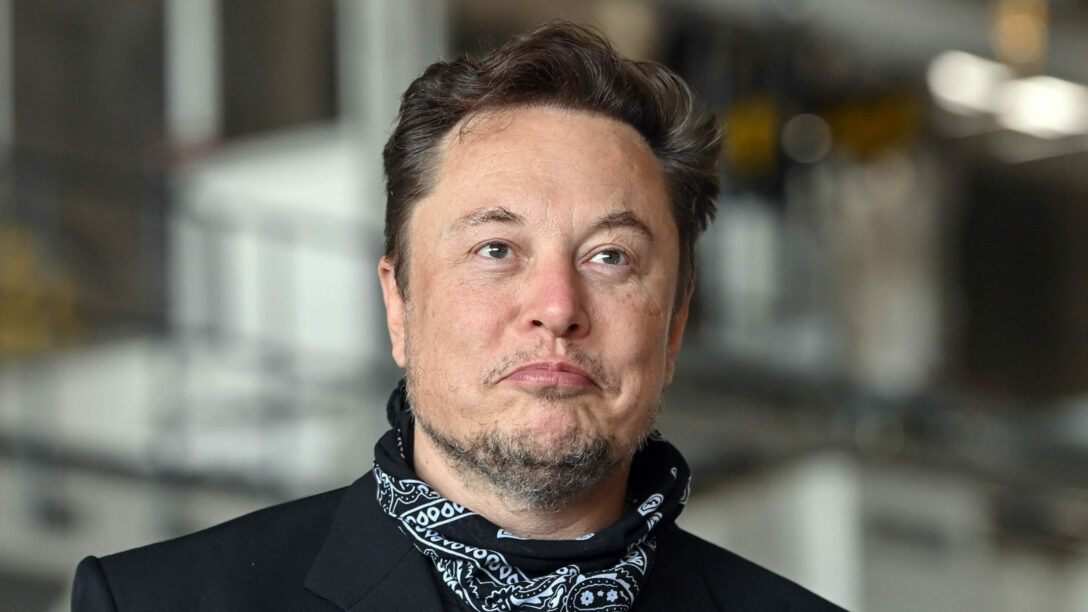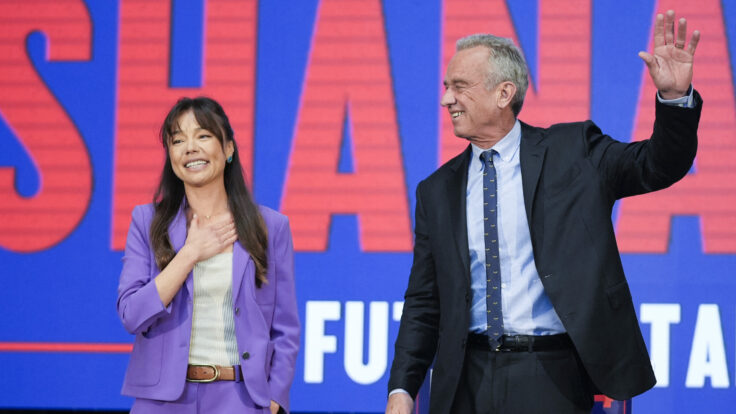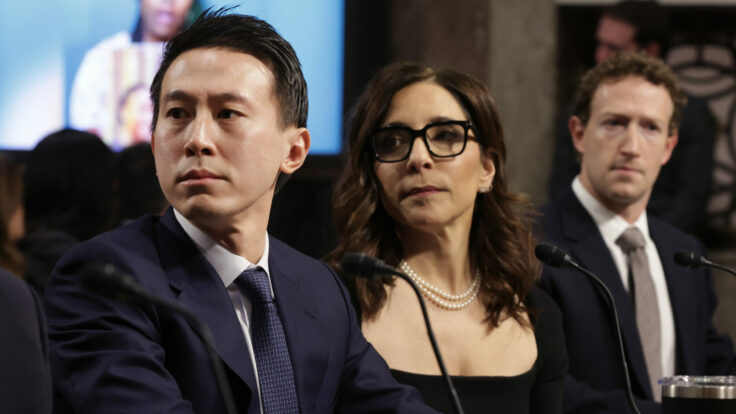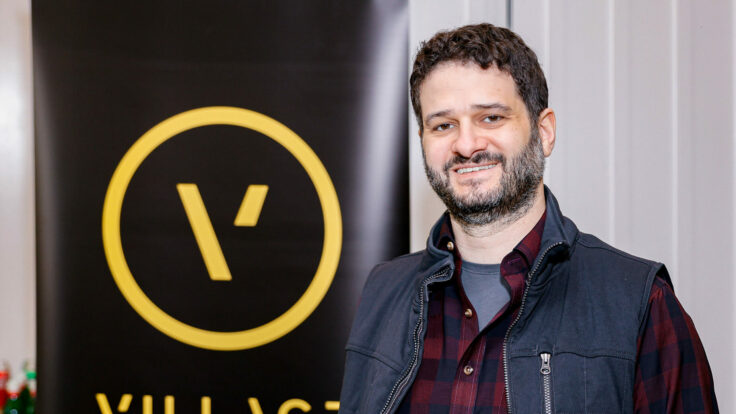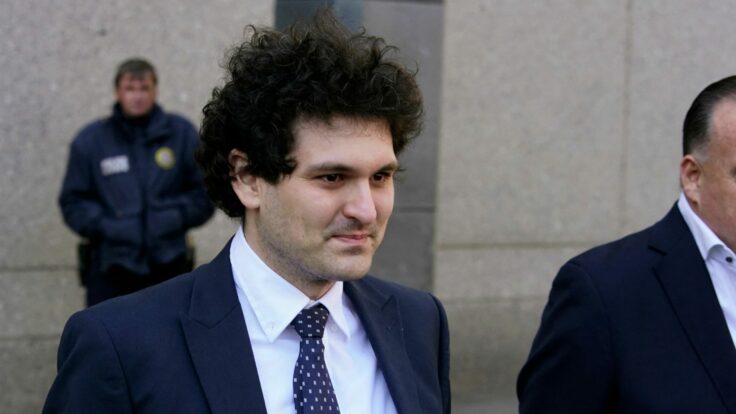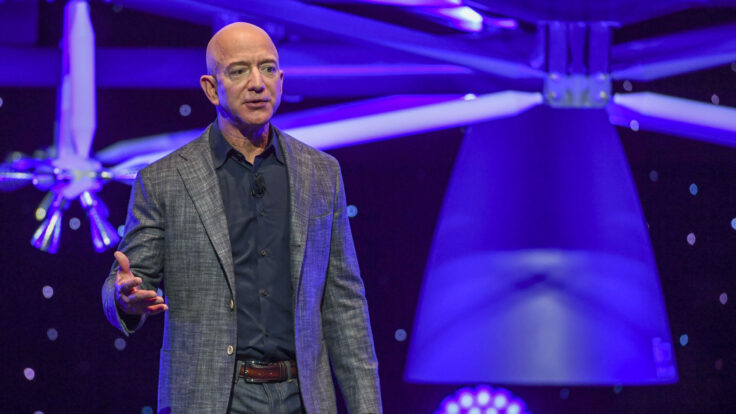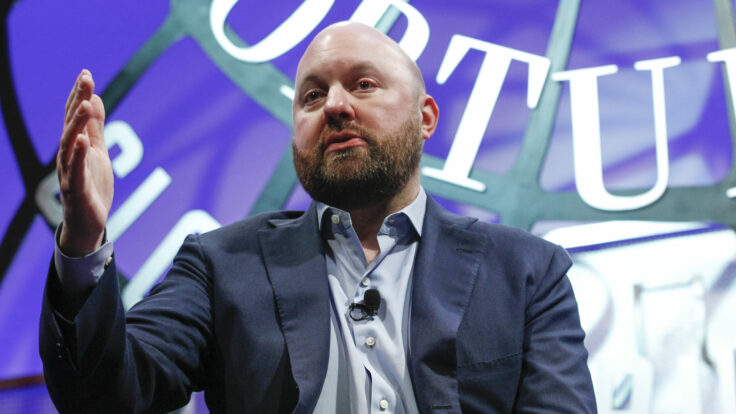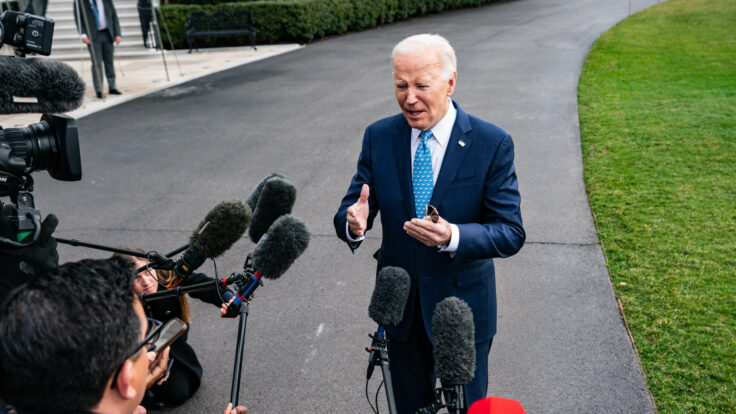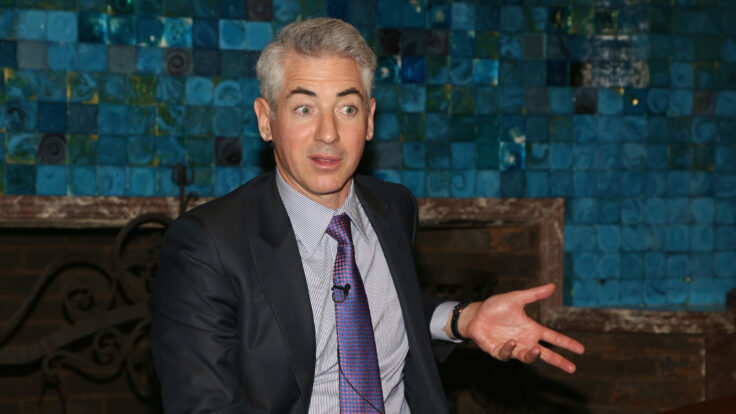On Friday, the will-he-or-won’t-he soap opera that is Elon Musk buying Twitter reached a mid-season cliffhanger. The colorful Tesla chief pointed to a Reuters story and tweeted, “Twitter deal temporarily on hold pending details supporting calculation that spam/fake accounts do indeed represent less than 5% of users.” Later, he stated that he was “still committed to acquisition,” but proposed sampling a “random” group of 100 users to gauge the extent of the issue. One follower asked him, “You didn’t think about this before offering $44 billion to buy the company?” He responded, “I relied upon the accuracy of Twitter’s public filings.”
That sure sounds like he’s looking for a pretext to back out of the deal or at least try to renegotiate the price. If he’s having regrets, that’s understandable given how the market for tech stocks has been tanking of late, but this quibble over the authenticity of Twitter’s user base is weak sauce. The individual who challenged his seeming lack of due diligence is perfectly right to be skeptical. And the merger agreement leaves him few outs but to fork over the billion-dollar termination fee plus possibly more for breaching the contract. After all, based on case precedent, it’s unlikely that a court would see the inaccurate counting of Twitter’s fake users as constituting the kind of “material adverse effect” on the business that would give Musk proper cause to terminate the deal. Accordingly, he’d be the underdog in any legal fight with Twitter over the non-consummation of the marriage, at least for this particular reason. Plus, he’s now got to worry about Twitter’s board suing him to ensure the deal closes.
